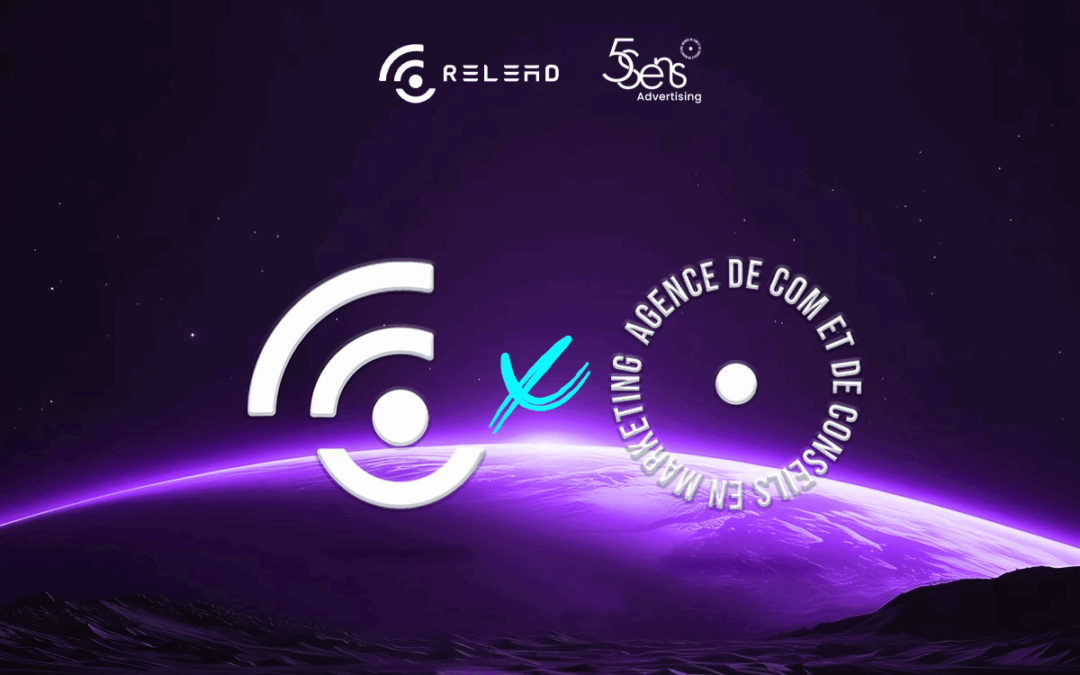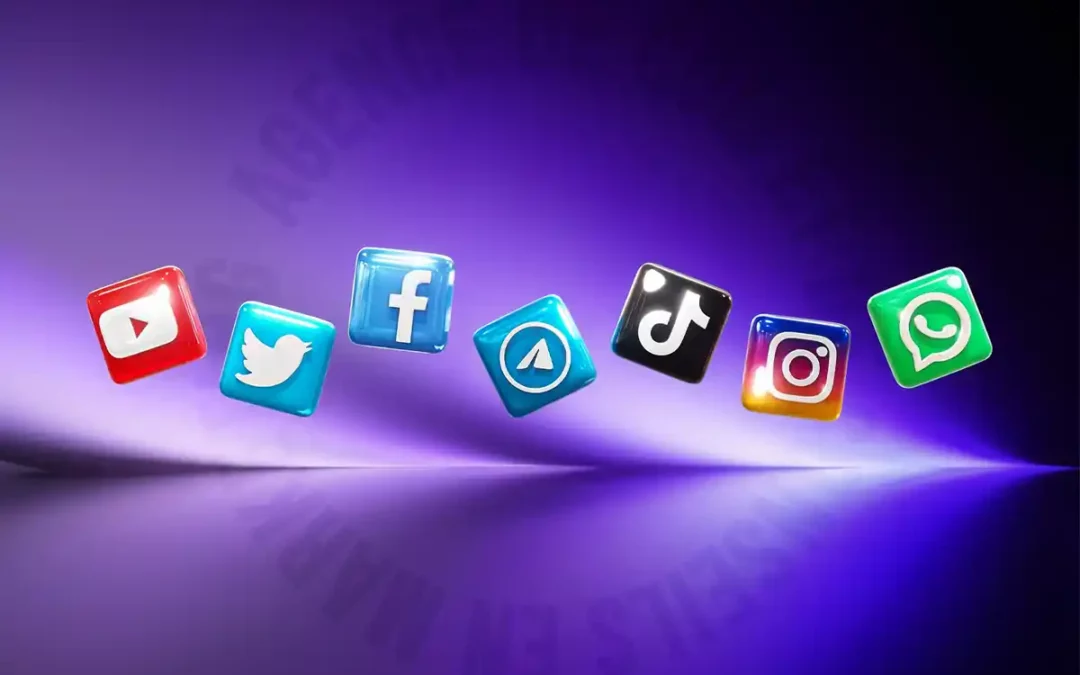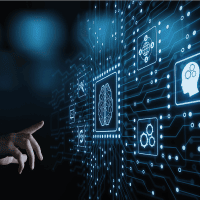Avec l’avènement des nouvelles technologies, des outils digitaux, de l’intelligence artificielle et du Big Data, le marketing des années 1980 est à des années-lumière de ce qui se pratique aujourd’hui. La discipline du marketing a été profondément transformée pour prendre en compte le nouveau rôle de la relation client.
Intelligence artificielle et relation client
La relation client est fortement impactée par l’intelligence artificielle. Des algorithmes sont utilisés pour collecter, stocker et traiter une quantité impressionnante de données clients. Plusieurs applications concrètes deviennent accessibles à un nombre croissant d’entreprises :
- Analyse prédictive : Elle permet de prévoir les comportements futurs des clients, comme le churn, et d’anticiper des actions correctives (prise de rendez-vous, relance, etc.).
- Chatbots ou agents conversationnels : Ils automatisent les réponses aux demandes d’informations simples et aux réclamations.
- Personnalisation du contenu (publicité, email, SMS, etc.) : Elle s’intensifie en fonction des profils clients et de leurs parcours en ligne et hors ligne.
- Reconnaissance faciale : Elle peut aider à identifier les clients en ligne ou dans des lieux physiques.
- Internet des objets (IoT) : Il fournit des données encore plus précises sur l’usage réel des clients via leurs objets connectés, maisons intelligentes, etc.
Savoir exploiter les données
Seules les entreprises capables de tirer parti de ce flux impressionnant de données, combiné à l’intelligence humaine et à l’intelligence artificielle, pourront adapter leurs stratégies et tactiques marketing aux profils de leurs clients. Grâce à l’intelligence artificielle :
- Les prix seront ajustés en temps réel.
- Les offres promotionnelles seront personnalisées selon l’audience.
- Les produits seront présentés aux bonnes personnes.
- Les tâches routinières, répétitives et à faible valeur ajoutée seront automatisées.
Transformation digitale
La relation entre les clients et les entreprises a été profondément modifiée par la transformation digitale. L’émergence des plateformes digitales et du marché moderne offre un choix infini de produits et services : Spotify, Deezer ou Netflix proposent une large gamme de contenus audiovisuels ; YouTube offre une infinité de vidéos ; Airbnb ou Booking proposent des centaines de milliers de chambres dans le monde, etc. Cela a bouleversé les pratiques d’achat et de consommation.
Internet a donné aux consommateurs un nouveau pouvoir : celui de trouver facilement des informations sur les produits, les marques et les entreprises, d’exprimer leur propre avis et de consulter ceux des autres. Désormais, le client ne doit plus être considéré comme un simple consommateur du produit mais comme un véritable partenaire. Cette montée en importance de la relation client a engendré deux nouvelles fonctions :
-
Crowdfunding (source de financement) : les consommateurs participent à des campagnes de financement pour soutenir des projets concrets.
-
Crowdsourcing (source d’idées) : les consommateurs sont intégrés au processus créatif de l’entreprise. Il s’agit de solliciter des contributions via des plateformes en ligne pour des projets de communication ou des efforts de R&D.
Réduire le rôle du client au simple achat est donc une approche risquée. À l’ère du digital, limiter la relation client à une transaction occulte les contributions potentielles du client au succès de votre entreprise. Cette évolution représente également un nouveau défi, qui incite à s’adapter à ces nouvelles formes d’engagement. Cette adaptation passe par la modification des mécanismes d’écoute afin de capturer, analyser et répondre aux besoins des clients.













